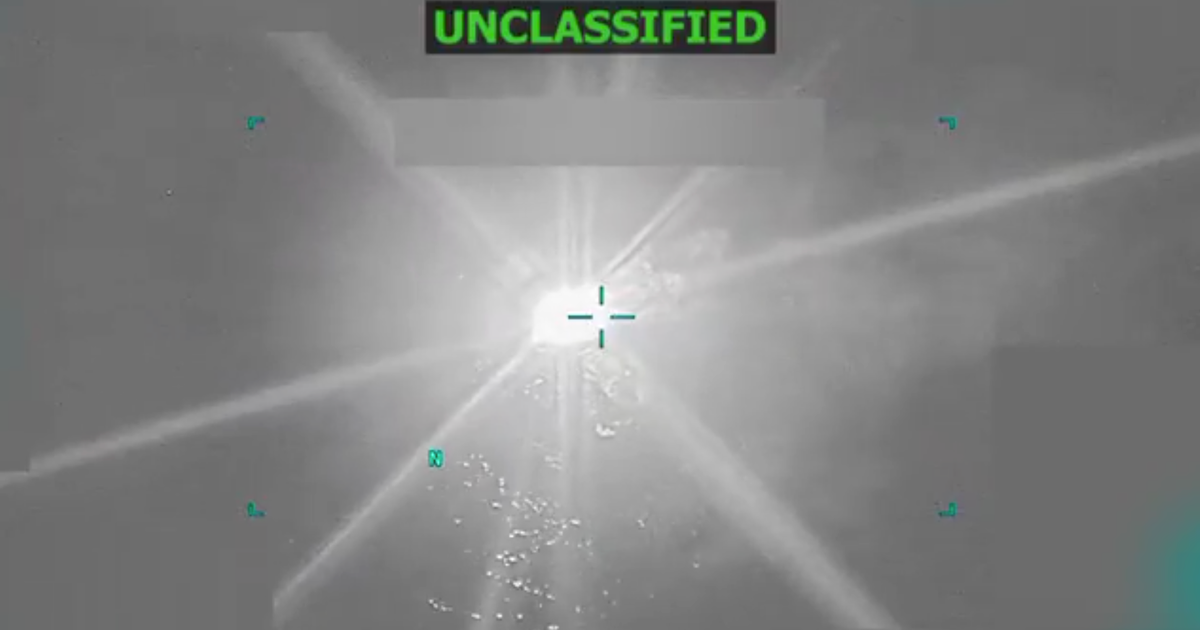**U.S. Military Escalates Anti-Drug Operations in the Caribbean, Leading to Boat Strikes and Diplomatic Tensions with Venezuela**
In a significant escalation of anti-drug operations in the Caribbean, the United States military has carried out a series of targeted strikes on vessels suspected of trafficking narcotics. The latest incident occurred on Thursday, when U.S. forces attacked a semi-submersible vessel in the Caribbean Sea. According to U.S. officials, the strike resulted in the deaths of two individuals believed to be involved in narcotrafficking, while two others survived and were subsequently taken into U.S. custody. This marks the sixth such attack in the region within the past month, and notably, the first in which there have been survivors.
President Donald Trump addressed the incident over the weekend, confirming on his social media platform that the two survivors hail from Ecuador and Colombia. He announced that they would be repatriated to their respective countries for detention and prosecution, in keeping with international protocols and bilateral agreements. “There were four known narcoterrorists on board the vessel. Two of the terrorists were killed,” Trump stated, emphasizing the administration’s hardline stance on drug trafficking. He further described the targeted vessel as a submarine primarily transporting fentanyl and other illicit narcotics.
The survivors were rescued from the semi-submersible by a Navy helicopter, which then transported them to a U.S. Navy ship for medical attention and processing. According to sources familiar with the operation, the decision to rescue the survivors aligns with established maritime customs, which dictate that mariners in distress must be aided regardless of their alleged crimes. Eugene R. Fidell, a senior research scholar at Yale Law School, explained, “It is the custom of the sea to save people who are at risk in international waters. You don’t sort of sail on. That’s against every principle of naval activity. You’re supposed to save people, even though the people here are people who are only in danger because the U.S. was attempting to kill them.”
The U.S. Department of Defense released a brief video clip of the latest strike but provided few additional details about the operation. The Pentagon has not disclosed the exact location of the incident or the specific evidence that led to the classification of the vessel as a narcotics carrier. This lack of transparency has fueled criticism from some lawmakers and human rights advocates, who argue that the administration has not provided sufficient proof that the targeted boats were indeed transporting illegal drugs.
Over the course of the past month, U.S. military strikes in the Caribbean have resulted in the deaths of at least 27 individuals, according to figures released by the Trump administration. In each case, the administration has justified its actions by asserting that the United States is engaged in a “non-international armed conflict” with drug cartels operating in the region. President Trump has consistently maintained that vessels loaded with drugs are legitimate military targets. “When they’re loaded up with drugs, they’re fair game, and every one of those ships were,” he told reporters earlier in the week.
However, the administration’s approach has drawn pushback from some members of Congress, who contend that the President lacks the legal authority to conduct military strikes against drug cartels without explicit authorization from the legislative branch. These critics have also called for more robust evidence to be presented to establish that the destroyed vessels were actually carrying narcotics, as opposed to being engaged in other activities. The ongoing debate reflects broader concerns over executive power, transparency, and the use of military force in counter-narcotics operations.
The boat strikes have taken place against the backdrop of a wider U.S. military buildup in the Caribbean. The Trump administration has accused the government of Venezuelan President Nicolás Maduro of collaborating with drug cartels to facilitate the trafficking of illegal narcotics into the United States. In response, the U.S. has deployed a significant military presence to the region, including eight warships, fighter jets, and approximately 10,000 personnel. Notably, on Wednesday, American B-52 bombers conducted a flight approximately 150 miles north of the Venezuelan coast, signaling increased military pressure on the Maduro government.
In addition to overt military actions, President Trump confirmed this week that he had authorized covert CIA operations inside Venezuela, citing the twin concerns of drug trafficking and irregular migration. “I think Venezuela is feeling heat,” Trump remarked during an Oval Office event, underscoring his administration’s commitment to exerting maximum pressure on the

